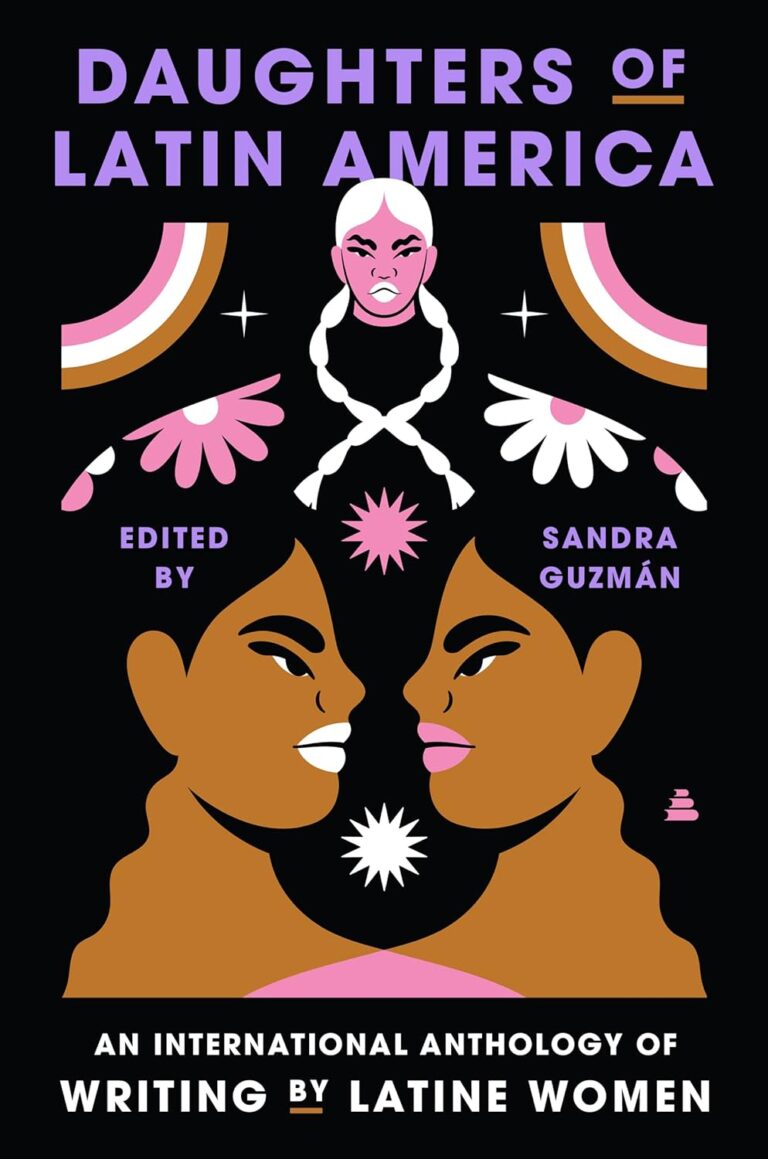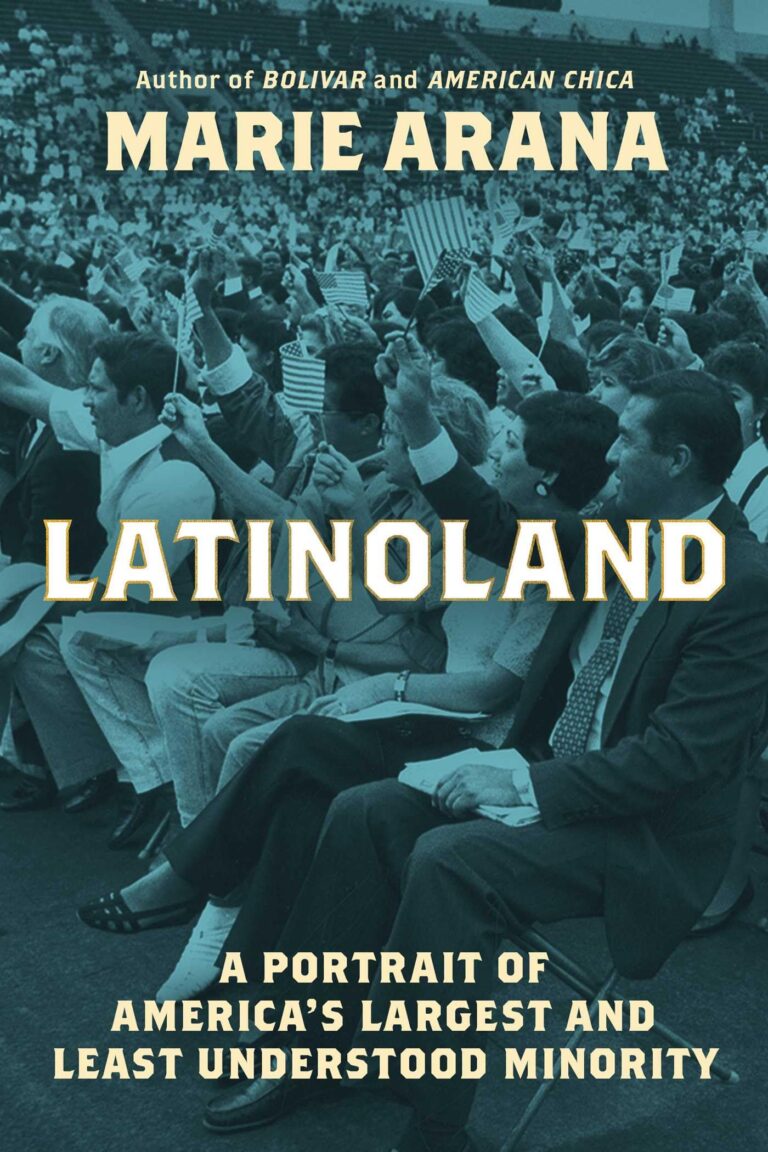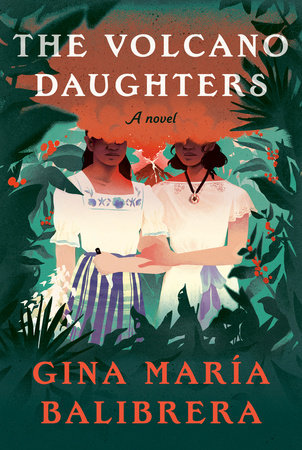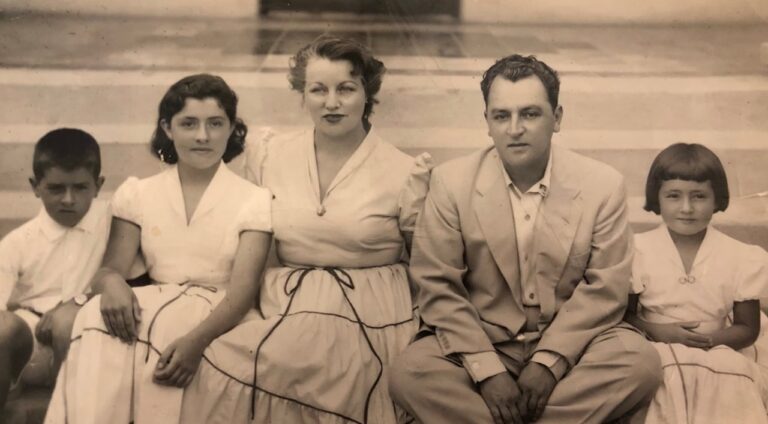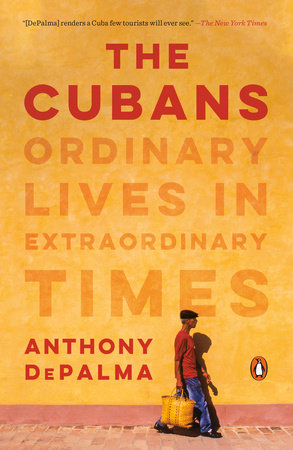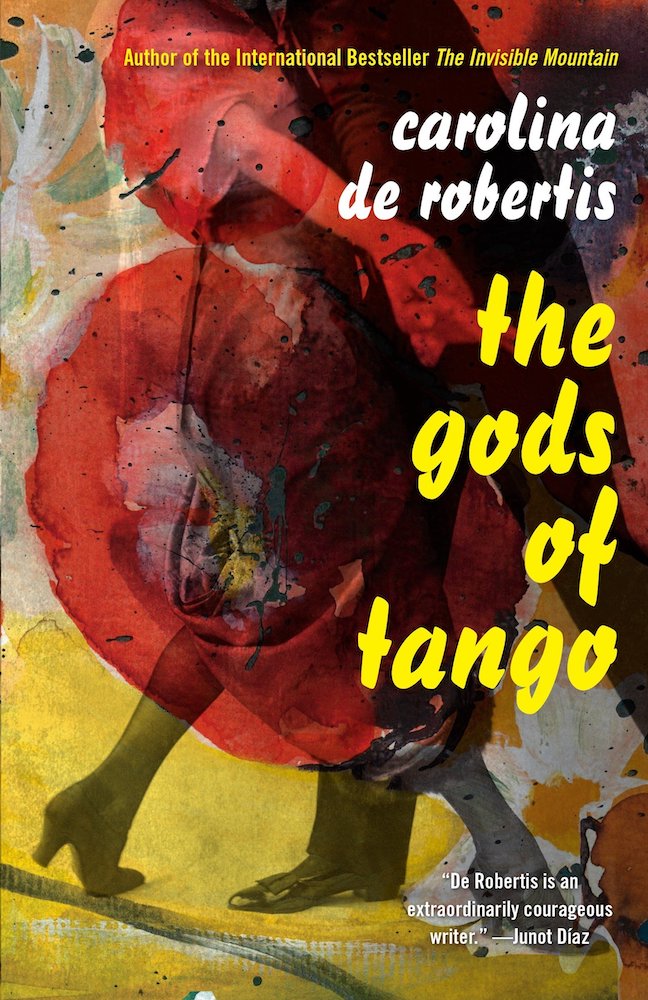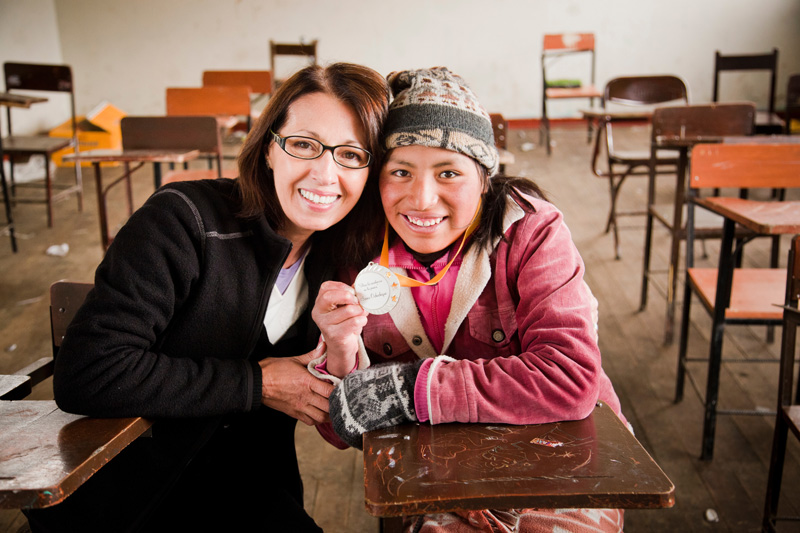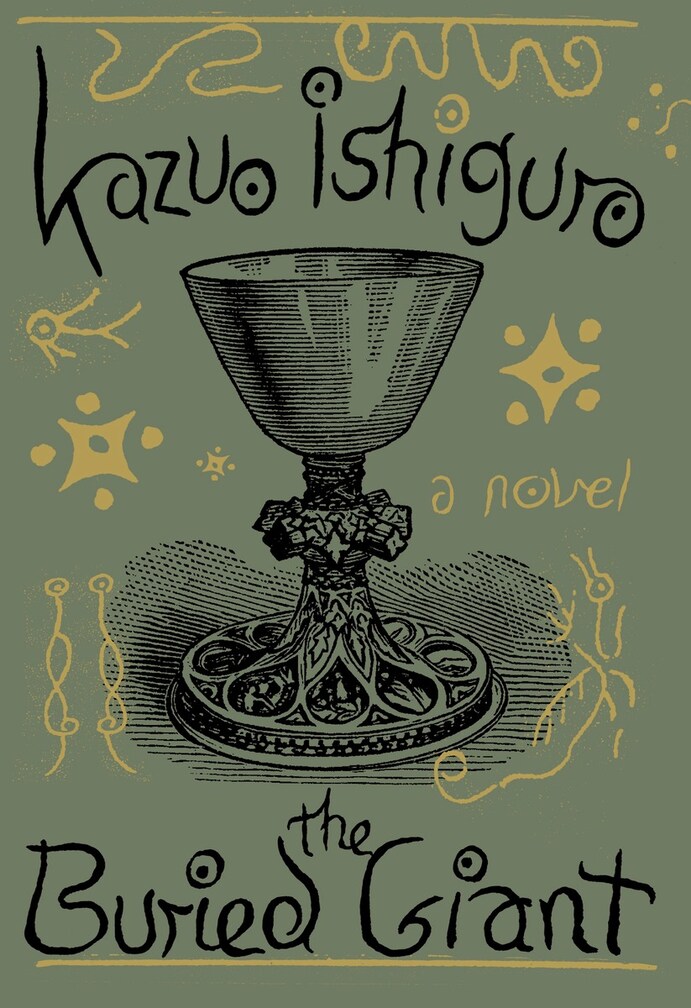Other Work
Spanning time, styles, and traditions, a dazzling collection of essential works from 140 Latine writers, scholars, and activists from across the world—from warrior poet Audre Lorde to novelist Edwidge Danticat and performer and author Elizabeth Acevedo and artist/poet Cecilia Vicuña—gathered in one magnificent volume.
Read MoreIt’s as if the sight of a migrant scaling a wall or wading ashore is now a Rorschach test, our Rashomon. Depending on where we sit on the political spectrum, we perceive different truths: Some see a brown “invasion,” others an unremitting drug war, a humanitarian crisis, a political failure, a symptom of societal collapse. The politicizations are legion, and the distortions dire.
Read MoreMarie Arana reviews THE VOLCANO DAUGHTERS, by Gina María Balibrera.
Gina María Balibrera’s debut novel, “The Volcano Daughters,” spits fire from its very first page just as the fevered mountain of Izalco has flung brimstone for much of El Salvador’s volatile history. This is an epic story, a remarkable achievement for a writer making her first foray into the literary landscape. Balibrera demonstrates a fearlessness that is rare.
Read MoreIs there such a thing as “the Latino voter”?
My father, a Peruvian, was something of a Republican, even when he wasn’t yet a citizen of the United States. For the first 15 years of my parents’ marriage, in Peru, he was mostly concerned with the careening allegiances of his own countrymen: the gaping divide between the elites and the poor; the wild, destabilizing vacillation between right wing and left wing in Latin America; the perpetual pendulum swing between oppression and revolution.
Read MoreMarie Arana reviews THE CUBANS: Ordinary Lives in Extraordinary Times by Anthony DePalma.
Almost exactly 40 years ago, in the spring of 1980 — even as cherry blossoms swept down the streets of Washington, D.C., the Iran hostage crisis crept toward a halfway mark and the World Health Organization announced the global eradication of smallpox — a flotilla of boats, creaking under the weight of a desperate humanity, began making the 100-mile journey from Cuba to Key West.
Read MoreNever before have things seemed so hard for Hispanics. The signals are stark and dire: A drowned father, cradling a dead daughter. A lone mother, defending herself against an armed Border Patrol agent, with a terrified toddler at her side. A diatribe hectoring whites to purge the country of a rising brown tide. A Walmart in El Paso, strewn with the dead. Caravans of the hopeful willing to suffer indignities, splinter their families, cower in cages, risk life itself for a distant dream.
Read MoreArana’s Review of “The Gods of Tango: A gender-bending tale of music and love” by Carolina De Robertis
Times change. A century ago, Pope Pius X issued a pastoral letter against the tango, condemning it as degenerate, immoral, pagan. Today, Pope Francis insists that he likes it, that it lives deep inside him, that he often danced it in Argentina as a young man. Punctuating this striking reversal of opinion, hundreds of tango dancers flash-mobbed St. Peter’s Square on the pontiff’s birthday in December, twirling around on the cobblestones of the Via della Conciliazione in what the Catholic Church once would have called an obscene act. “I see the ‘tangeros’ are here,” Francis exclaimed, greeting the dancers with an amiable welcome.
Read MoreY sin embargo, cuando Marie viajó a esta cima de montaña tóxica y poco oxígeno, conoció a Senna, una joven cuya pasión por la poesía y determinación para ir a la escuela contrastaban sorprendentemente con la miseria a su alrededor. Ella era ideal para “Girl Rising”. Marie completó el guión sobre Senna en la primavera de 2012 y el segmento se rodó a finales de mayo. Senna es la única representante de América del Sur en esta película escrita por 9 autoras sobre 9 niñas en 9 países de todo el mundo.
Read More“Now I’m a mother and a married woman,” begins Bianca, the narrator of this account, “but not long ago I led a life of crime. My brother and I had been orphaned. Somehow that justified everything. We didn’t have anyone. And it all happened overnight.”
Read MoreThere are authors who write in tidy, classifiable, immediately recognizable genres — Jane Austen, Alexandre Dumas, William Faulkner, Gabriel García Márquez, to name a few — and then there are those who adamantly do not. These others can surprise us with story lines and settings that are guises to be worn and shucked after the telling. Masters of reinvention, they slip from era to era, land to land, changing idioms, adapting styles, heedless of labels. They are creatures of a nonsectarian world, comfortable in many skins, channelers of languages. What interests them above all in their invented universes is the abiding human heart.
Read More
